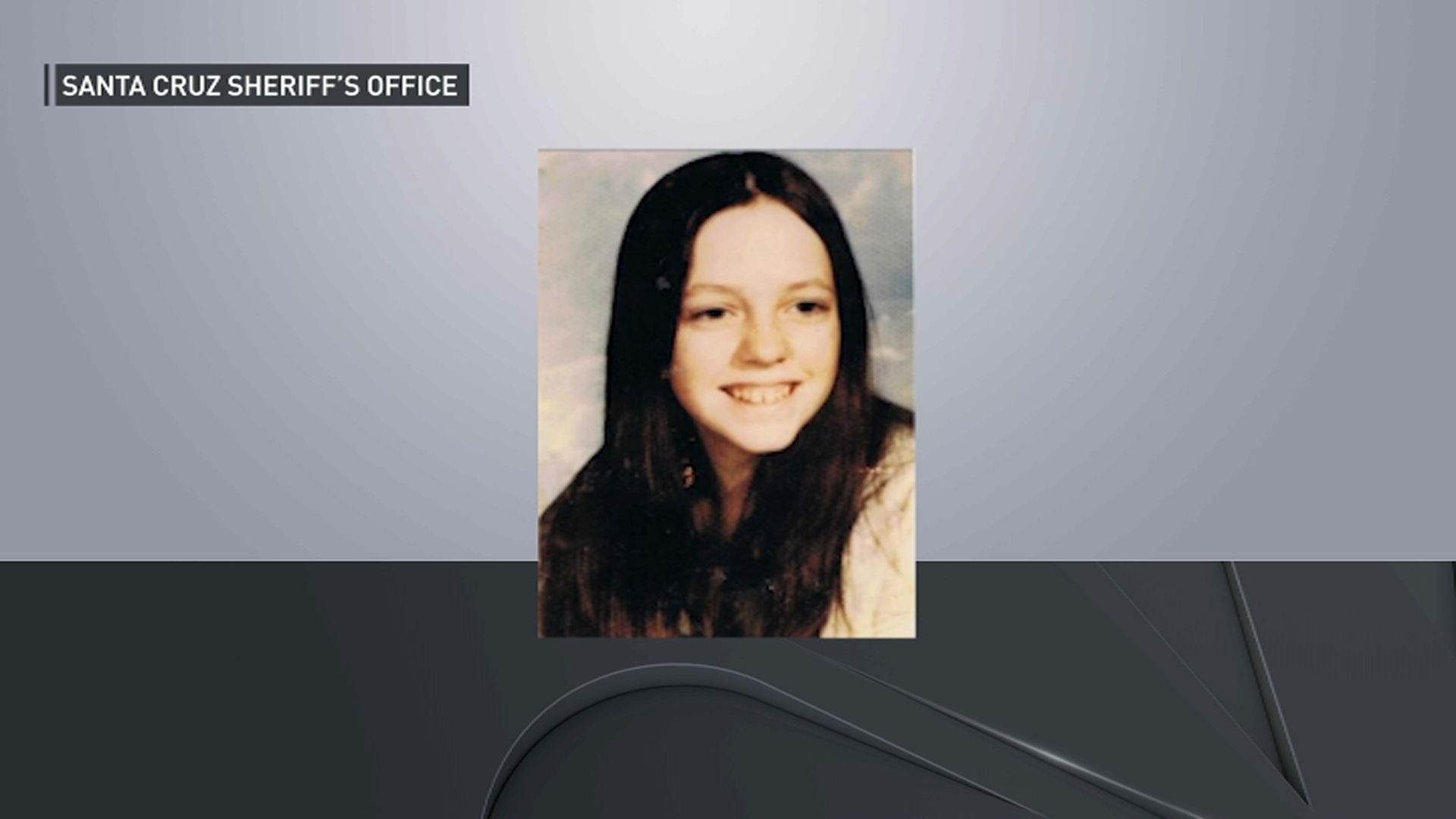Passengers from an ill-fated South American cruise are eager to disembark once they reach Florida, but Gov. Ron DeSantis said the state's health care resources are already stretched too thin to take on the ships' coronavirus caseload. The U.S. Coast Guard said Tuesday that the decision would be punted to Washington if authorities can't agree.
With the Zaandam and Rotterdam ships set to arrive later this week and at least two people on board needing emergency attention, a “unified command” of state, local and federal officials will be asked to approve a detailed docking plan requiring the cruise line, Holland America, to handle all medical issues without impacting South Florida's already-stressed hospitals.
“There are no great choices left. These are all tough outcomes,” Coast Guard Captain Jo-Ann Burdian told Broward County commissioners at an emergency meeting Tuesday.
Watch NBC 4 free wherever you are
Two of the four deaths on board the Zaandam have been blamed on COVID-19 and nine people have tested positive for the novel coronavirus, the company said.
Holland America said the Rotterdam took on nearly 1,400 people who appear to be healthy from its sister ship, leaving 450 guests and 602 crew members on the Zaandam, including more than 190 who said they are sick. More than 300 U.S. citizens are on both ships combined.
Get Tri-state area news delivered to your inbox with NBC New York's News Headlines newsletter.
The governorsaid Tuesday he had been in contact with the White House about getting medical supplies to the ships.
“Just to drop people off at the place where we're having the highest number of cases right now just doesn't make a whole lot of sense," DeSantis said at a news conference.
Local
President Donald Trump said Tuesday that he would speak to DeSantis about the ships.
“They're dying on the ship,” Trump said. “I'm going to do what's right. Not only for us, but for humanity.”
Holland America President Orlando Ashford penned an opinion column in the South Florida Sun Sentinel to plead with officials and residents to let the passengers disembark.
Broward County Sheriff Gregory Tony called the situation a “humanitarian crisis” and asked commissioners at the Tuesday meeting not to decide based on emotion. Allowing the ship to dock would burden the local health care system and put residents at risk of additional exposure, he warned.
“This ship has been turned away from several countries already," Tony said. "We are in some very, very critical circumstances where we as a county are going to have to determine are we willing to take on this responsibility.”
William Burke, chief maritime officer for Carnival, which owns Holland America, told commissioners “we are coming to the place of last resort,” and that his staff had worked through the night on a docking plan. Four people on board have already died. Burke said he hopes two others who are severely ill “will survive the transit.”
Many of the commissioners were sympathetic about the passengers' plight, including Broward County Commissioner Nan Rich, who urged officials to quickly hammer out a plan.
“These people have been turned away from so many countries, one after the other. We are their last hope. What are we going to do? Let this ship go back out to sea and float around and let people die? I don’t think so," Rich said.
The meeting ended Tuesday without a decision as Holland America continues to work out the details to dock the ship taking all the precautions advised by the CDC and other agencies.
Carnival said in a Securities and Exchange Commission filing Tuesday that it has about 6,000 passengers on ships that are still at sea, and the company expects to have them disembarked by the end of April.
Carnival spokesman Roger Frizzell said Tuesday night that the company had 40 ships at sea when it halted new cruises in mid-March.
"We expect to have three ships at sea by the end of this week," Frizzell said.
The Zaandam and other ships became pariahs as countries sealed borders in response to the pandemic. Zaandam passengers said they were asked to keep their rooms dark and leave their drapes closed as they passed through the Panama Canal.
While many have reported feeling ill, most of the passengers and crew on both ships appear to be in good health.
Laura Gabaroni and her husband Juan Huergo, who work for a defense contractor in Orlando, saw their dream vacation turn harrowing as countries shunned them and people fell ill. Fever-free and without symptoms, she and her husband were transferred to the Rotterdam. She wrote DeSantis imploring her governor to let them off.
“Florida continues to receive flights from New York, and it allowed spring break gatherings to go on as planned. Why turn their backs on us?" Gabaroni said.
The Zaandam originally departed from Buenos Aires on March 7 — a day before the U.S. State Department advised to avoid cruise travel and before any substantial restrictions were in place in Florida.
The ship had been scheduled to stop in San Antonio, Chile, and then depart on another 20-day cruise to arrive in Fort Lauderdale in April. But beginning March 15, the Zaandam was denied entry port after port.
Passenger Emily Spindler Brazell, of Tappahannock, Virginia, said they've been treated to unlimited phone calls, wine and nice meals including lamb chops and salmon. But they have had to isolate in their rooms.
“The captain said something like, ‘This is not a trip anymore. This is not a cruise. This is a humanitarian mission,’" she said.
___
This story has been edited to correct the spelling of Zaandam throughout.
___
Follow AP coverage of the virus outbreak at https://apnews.com/VirusOutbreak and https://apnews.com/UnderstandingtheOutbreak.



